Musk Targets OpenAI With Legal Offensive as Grok Stakes Its Claim in the AI Chatbot Wars
Input
Changed
Lawsuit alleges unfair competition by rivals
Strategy seen as amplifying presence through conflict
Grok’s rapid rise poised to reshape chatbot landscape
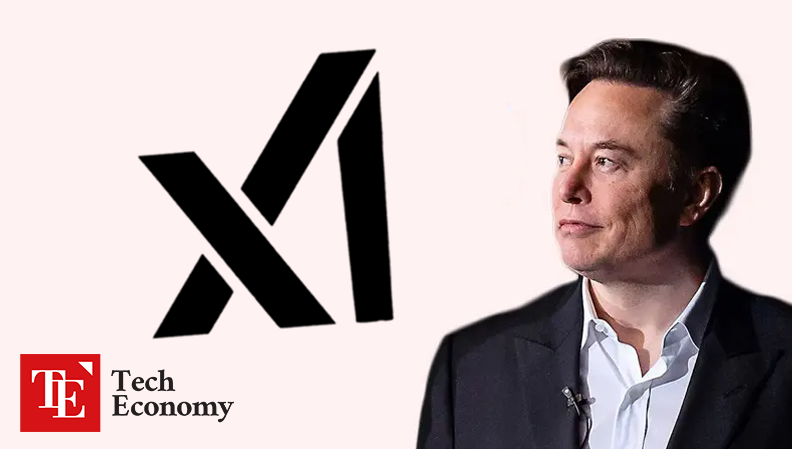
Elon Musk’s AI startup xAI has filed suit against Apple and OpenAI, accusing them of conspiring to block competition in the artificial intelligence market. Observers say the case is less about the courtroom than about Musk’s characteristic strategy of leveraging controversy to build visibility. Indeed, the lawsuit has already put a spotlight on xAI’s chatbot Grok, fueling expectations that its momentum could shake up the balance of power in the chatbot sector.
Apple and OpenAI hit back
According to reports on the 25th, Musk’s social media platform X (formerly Twitter) and xAI filed the complaint in federal court in Fort Worth, Texas. The suit alleges that Apple harmed competition and consumer choice by integrating OpenAI’s models directly into the iPhone operating system, and by ensuring that no AI service other than ChatGPT could break into the App Store’s top rankings.
ChatGPT is currently the most downloaded free app on the U.S. iPhone App Store. Musk’s legal team argued that Apple’s exclusive arrangement made ChatGPT the only generative chatbot integrated into iPhones, granting Apple and OpenAI monopoly power while blocking innovative challengers such as X and xAI.
Apple swiftly rejected the charge. A spokesperson insisted the App Store was designed to be fair and unbiased, with rankings determined by expert curation, algorithms, and vetted lists. The partnership with OpenAI, Apple said, was a business decision rooted in user convenience and safety, while transparency and fairness remain central to its principles.
OpenAI responded even more sharply, calling the lawsuit part of Musk’s “pattern of harassment” and decrying his penchant for frivolous litigation. The hostility reflects a long-standing feud: Musk co-founded OpenAI with Sam Altman nearly a decade ago, but after departing in 2018 has repeatedly clashed with the company.
A double-edged talent for creating controversy
Analysts see the lawsuit as another example of Musk using conflict to amplify his businesses. By accusing rivals of collusion while pulling public focus onto xAI and Grok, he ensured extensive global coverage that doubled as free promotion.
The timing was hardly accidental: just days after OpenAI unveiled GPT-5, Musk announced on August 10 that Grok-4 would be available free to users worldwide. He touted it as “the most advanced AI” trained through reinforcement learning on Colossus, a cluster of 200,000 GPUs. With this move, Musk cast himself as the outsider challenging entrenched AI giants while pushing his own platform into the spotlight.
It was not the first time Musk leveraged theatrics to seize attention. When Meta announced plans to launch Threads as a competitor to X, he taunted CEO Mark Zuckerberg with a proposal for a cage fight, even training with former UFC champion Georges St-Pierre. Zuckerberg responded by posting training photos with current UFC fighter Alexander Volkanovski. Though the bout never happened, it illustrated Musk’s knack for turning disputes into media spectacles.
For critics, however, the tactic carries risks. Persistent conflict can erode investor trust and invite regulatory scrutiny. Many see Musk’s penchant for public battles as a driver of volatility across his companies’ valuations.
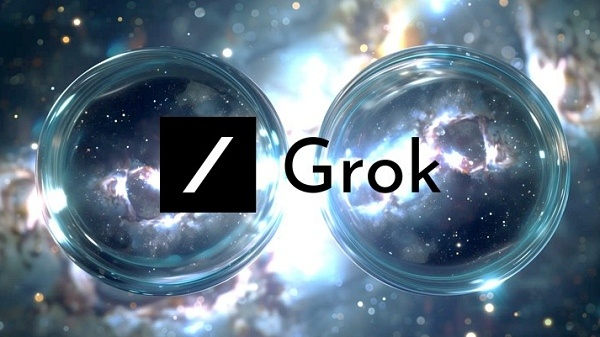
Grok leaps to No. 2, surpassing Gemini and DeepSeek
Despite skepticism, Grok is quickly gaining ground. According to analytics firm Onelittleweb, Grok rose to the No. 2 spot in global chatbot rankings less than a year after launch. Just months earlier, Google’s Gemini was expected to retain that position based on its integration with search. But Grok’s free access strategy has propelled it past DeepSeek, reshaping the competitive landscape.
The quality of engagement is also notable. Grok’s users are not only growing in number but also spending more time and returning more often, suggesting the formation of a loyal base. Between August 2024 and July 2025, average user session time hit 15 minutes and 43 seconds, and usage soared by an astonishing 1,343,408 percent year-on-year.
Industry experts predict Grok’s trajectory will have far-reaching implications. If the enlarged user base can be sustained, new revenue models—ranging from advertising to data services and premium add-ons—could follow. Such growth could help Musk rebuild investor confidence dented by his confrontational tactics, while opening the door to new funding rounds. For xAI, Grok’s rise represents both a breakthrough opportunity and a decisive test of long-term viability.

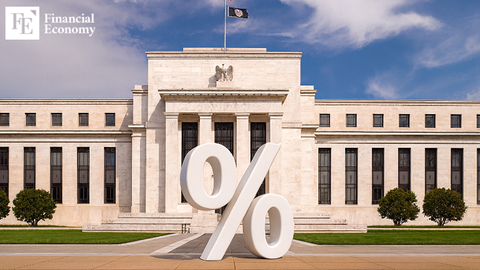
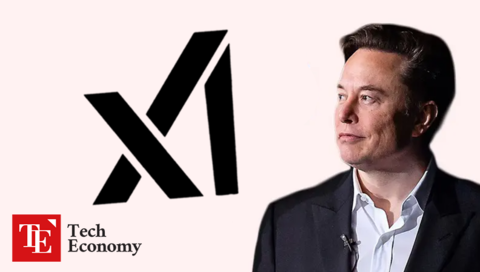


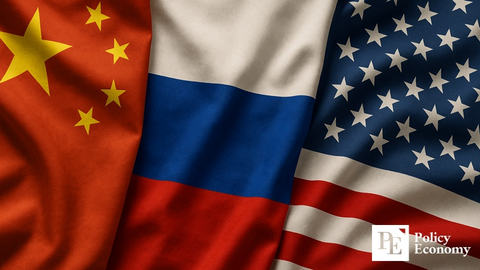


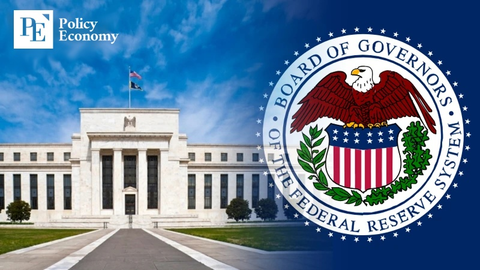
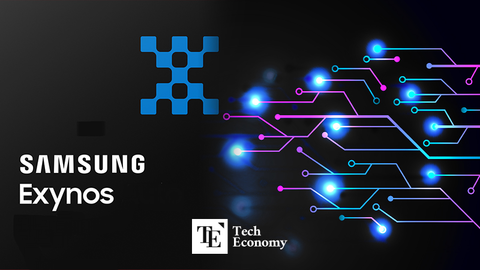












Comment